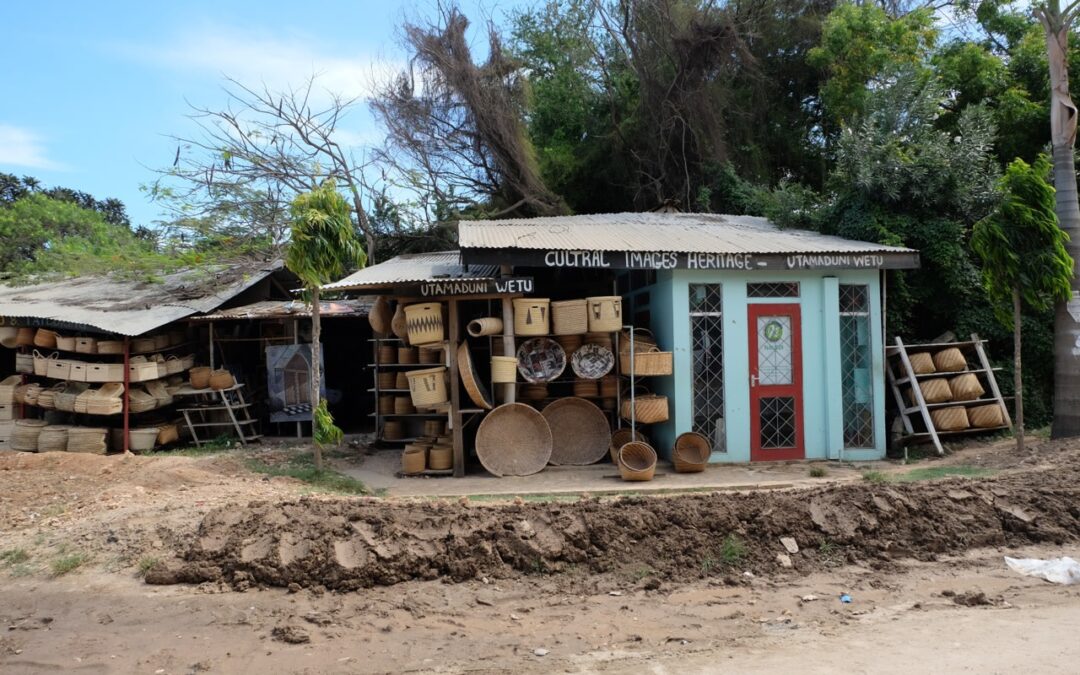Urban geographer Jennifer Robinson has recently argued that in a globalised world of networked cities there is a fundamental need for extended international comparativism in urban studies -thus “global urban studies”. By proliferating the comparative gesture and embracing the multiplicity, diversity and connectedness between (post)-colonial cities of the global North and South, much is to be learned from the discourses that ensue. Thus she hopes to redefine global urban studies:
“Surprises and new possibilities for thinking the urban emerge from many different sources: different cities, regions, trajectories, forms and practices press on taken-for-granted assumptions amongst scholars, ‘swerving’ analyses, undermining the usefulness of concepts, turning them into something else, or inspiring quite different starting points.” (Robinson, 2015)
At the same time, new voices from the Global South have emerged that seek to build a new “urban theory from the South” (Watson, Robinson, Roy, Simone, Pieterse), seeking to challenge the hegemonic dominance of theory building through institutions of the Global North. Writers and theorists such as AbdouMaliq Simone have focused on the lived experience of city dwellers in the Global South to reconstruct our understanding of cities and urbanity from below.
SIMULIZI MIJINI takes inspiration in these new voices from the Global South and seeks to appropriate these approaches to open a transdisciplinary debate on urban heritage, the power dynamics involved in heritage definition and the “heritage regimes” to challenge established norms, values, protection policies and applied practices – most of which follow traditions and values developed in the Global North and applied to the South in the context of colonial and post-colonial value and policy transfers. The cities of Dar and Berlin serve as laboratories to explore the complexity and richness of urban heritage when approached through the eyes, memories, everyday practices and commemorative rituals of city-dwellers themselves.
Dar is is one of the ten fastest growing cities in the world and economic and cultural centre of Tanzania as well as the extended Swahili speaking coastline of Eastern Africa. As swift redevelopment and expansion overwrite previous, colonial-dominated urban heritage narratives, shared territories and local identities are being displaced and rapidly lost. A lack of regulation is endangering the integrity of the built environment and a wide-reaching heritage debate is acutely needed. This triggered the establishment of DARCH! which is a joint initiative by the Architects Association of Tanzania, Ardhi University and the Technische Universität Berlin. The project is contracted by the Tanzanian Ministry of Finance and funded by the European Union.
In contrast, Berlin is exemplary for the regulated and formalised heritage definition and protection culture in the Global North. As Berlin’s urban fabric becomes increasingly historicised, the much-celebrated post-Cold War urban laboratory has given way to a more strictly controlled environment. Berlin’s heritage is rigorously institutionalised, and the formalist constraints of conservative conservation policies bracket the discourse and limit a more inclusive conceptualisation of how to recognise and cultivate what makes the city distinctive. Clearly the heritage discourses in both cities require fresh impetus and new perspectives. SIMULIZI MIJINI aims to provide this through a transdisciplinary and transnational approach that will challenge accepted positions on heritage and enable the participation of many voices.
For an enthusiastic bibliography of recent works revisiting urban theory, particularly from an African perspective, also refer to Rhizomia’s selection of urban theory publishings for 2013-2014.
References
Ejabe, Ntone and Pieterse, Edward. African Cities Readers I, II & III (available for purchase online).
Pieterse, Edward and Simone, AbdouMaliq (eds) Rogue Urbanism: Emergent African Cities. Johannesburg: Jacana Publishers in association with African Centre for Cities. 2013
Pieterse, Edward. “Blurring Boundaries: Fragments of an Urban Research Agenda” in Urban Forum, October 2006 (available on Springer).
Robinson, Jennifer. “Thinking cities through elsewhere: Comparative tactics for a more global urban studies” in Progress in Human Geography, August 2015 (available on Sage).
Roy, Ananya. “Critical Transnationalism: Placing Planning in the World” in Journal of Planning Education and Research, April 2011 (available on Sage).
ibid. “Slumdog Cities: Rethinking Subaltern Urbanism” in International Journal of Urban and Regional Research, February 2011 (available on Wiley).
ibid. “Urbanisms, Worlding Practices, and the Theory of Planning” in Planning Theory, February 2011 (available on Sage).
Simone, AdbouMaliq. For the City yet to Come: Changing African Life in Four Cities. 2004.
Watson, Vanessa. “Seeing from the South: Refocusing Urban Planning on the Globe’s Central Urban Issues” in Urban Studies, October 2009 (available on Sage).
[/av_textblock]

